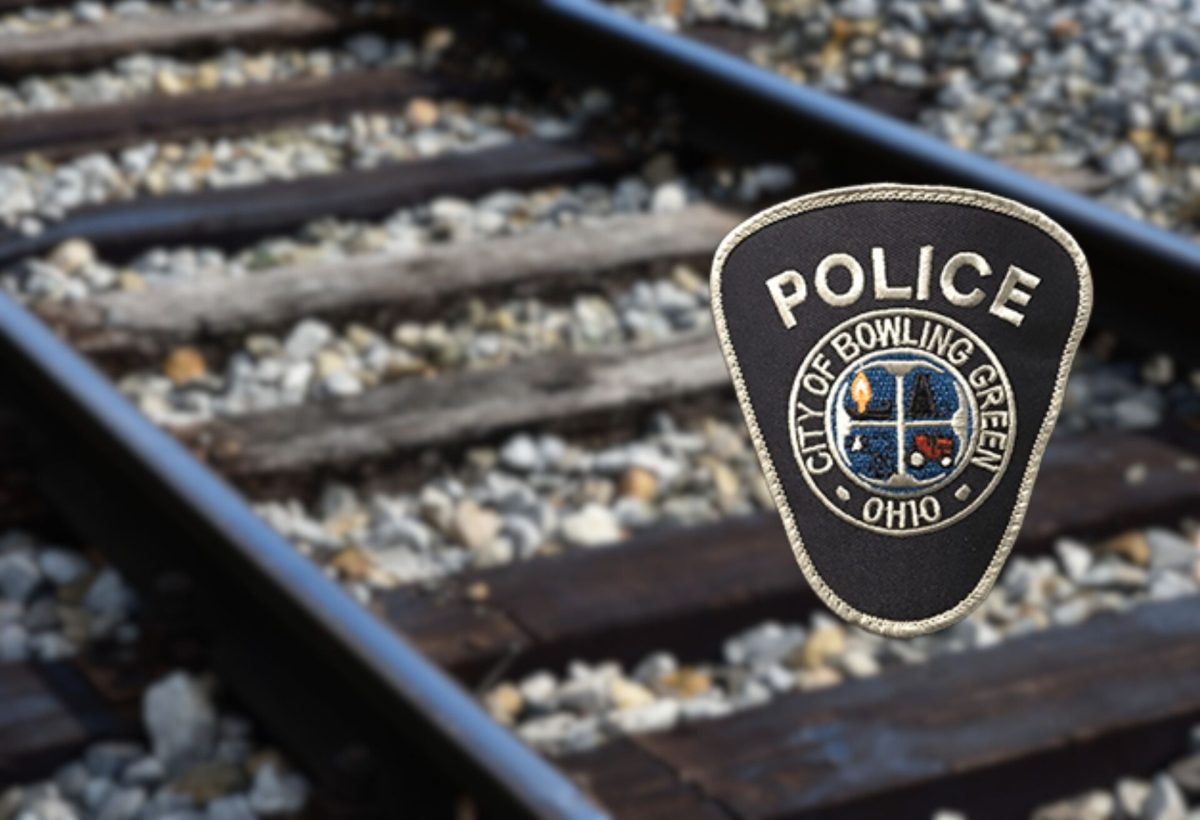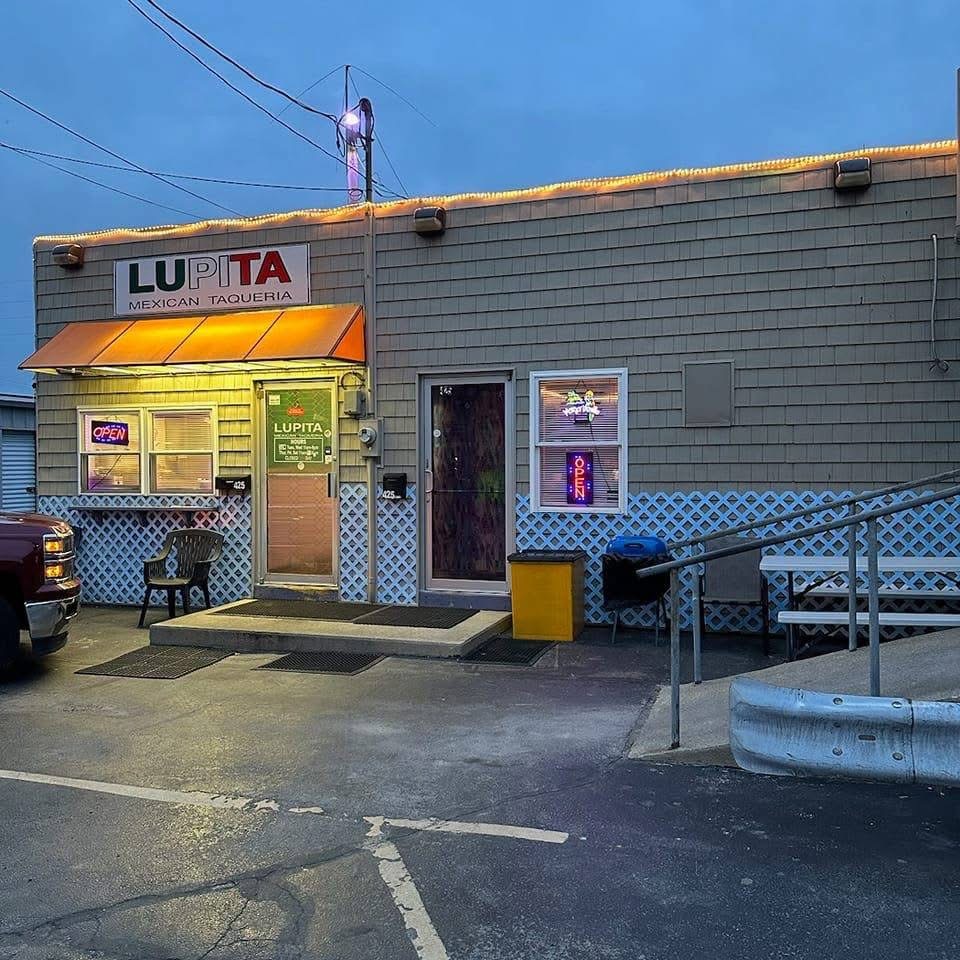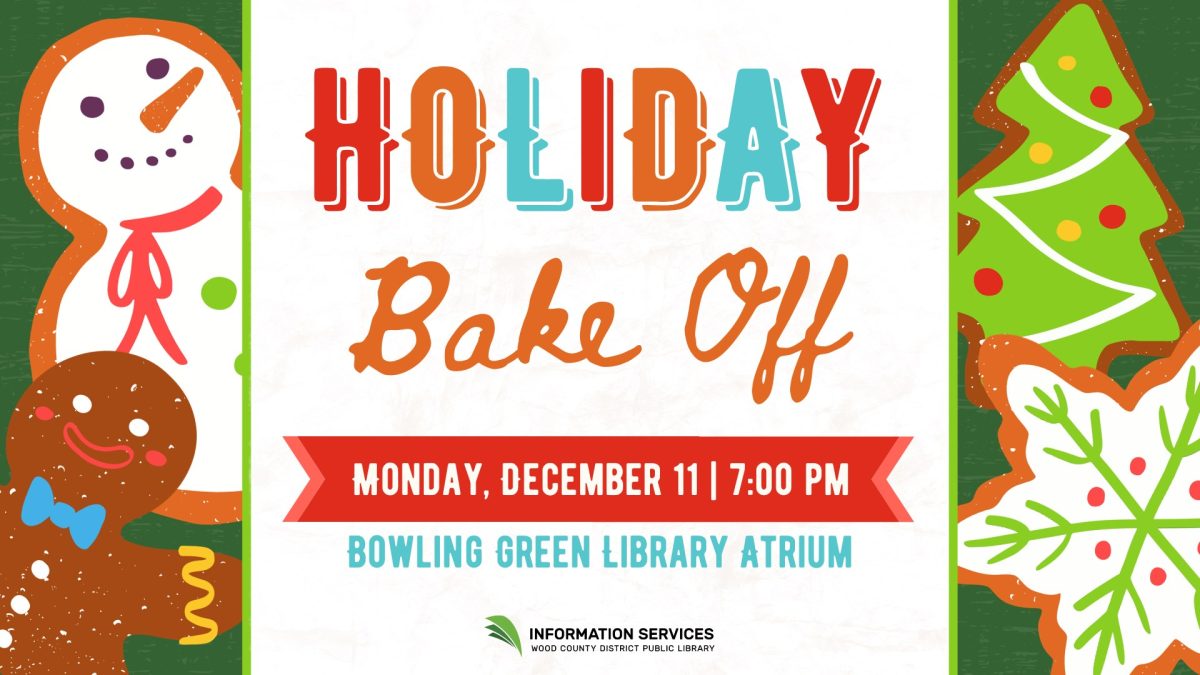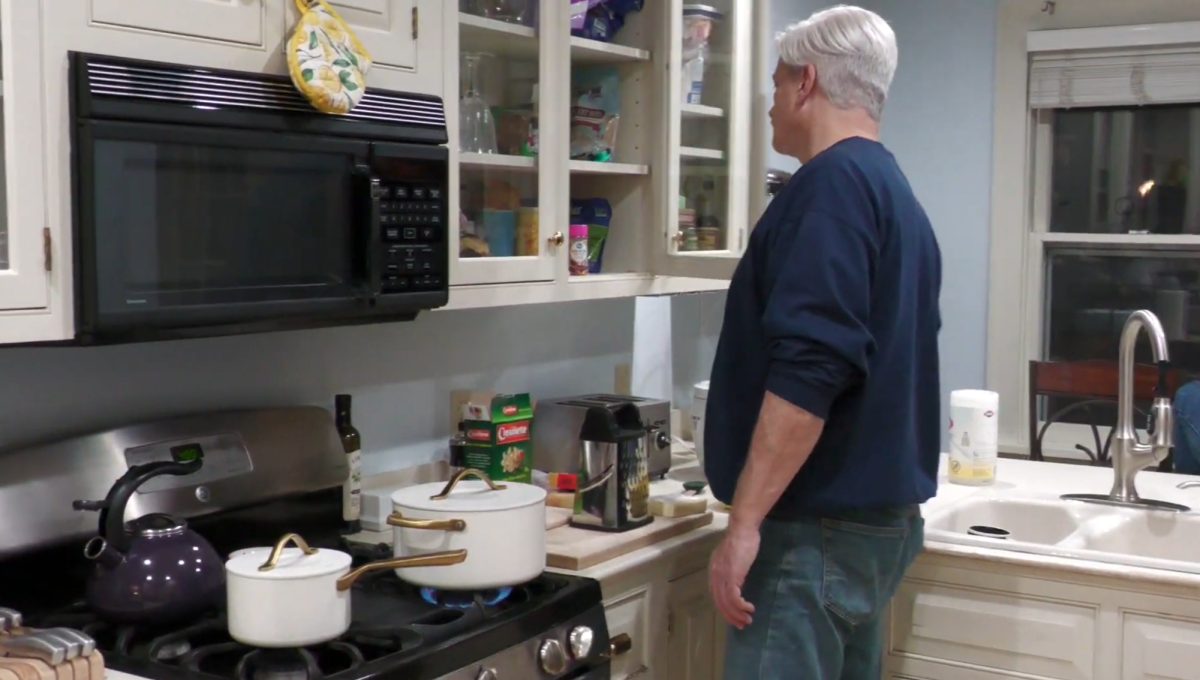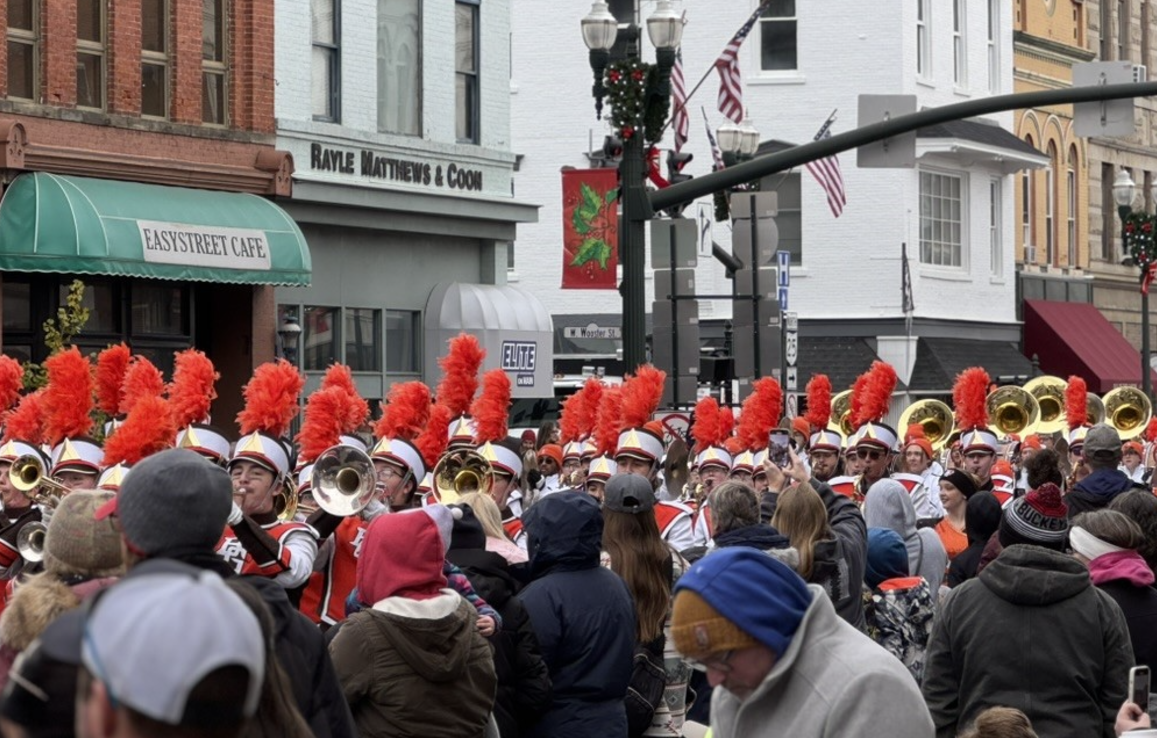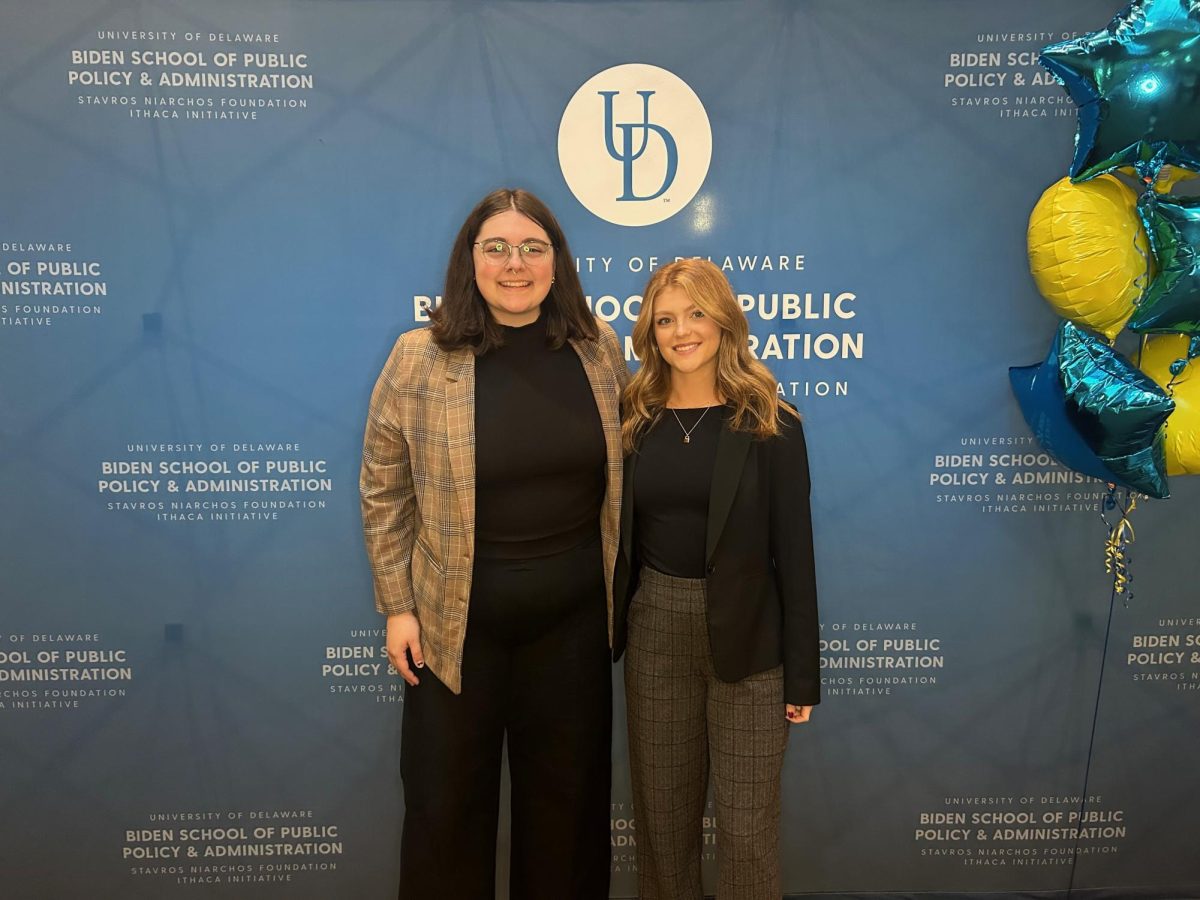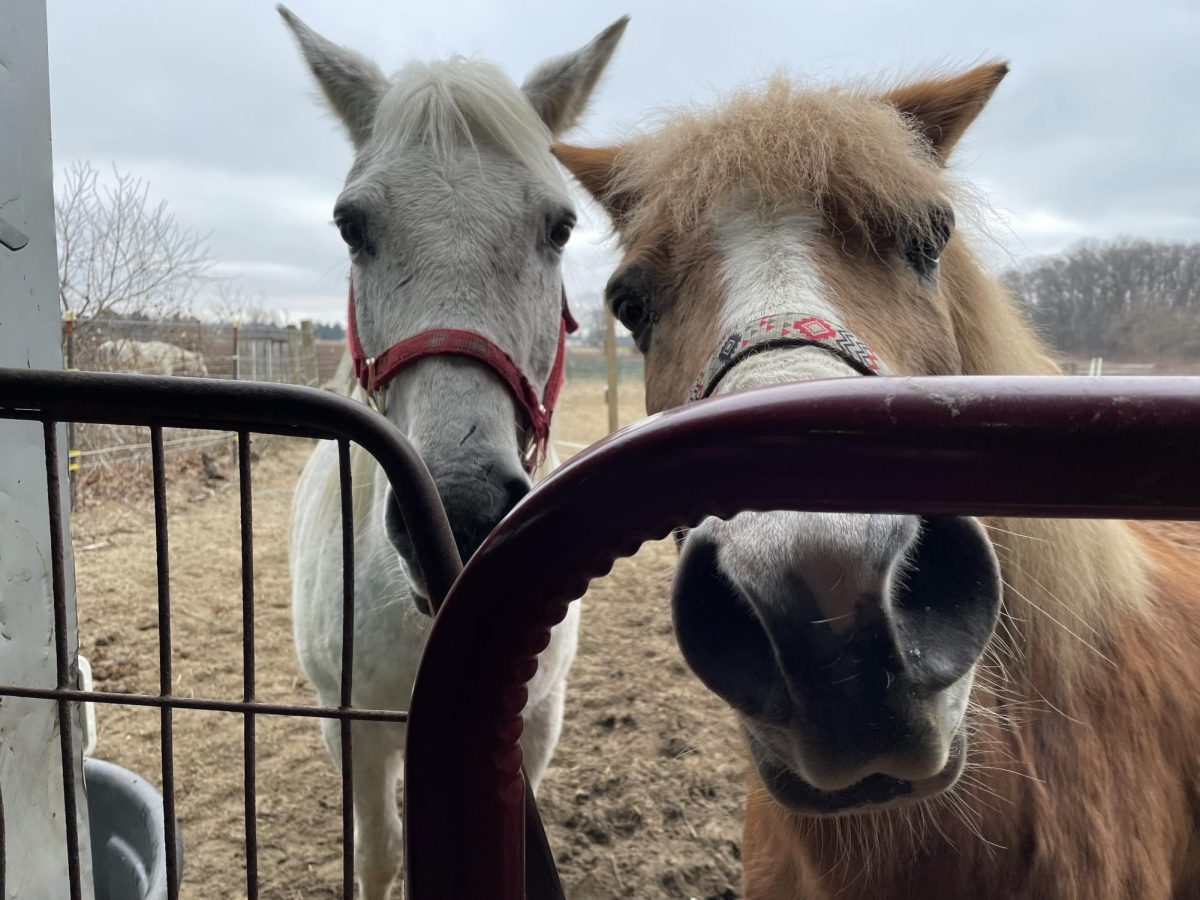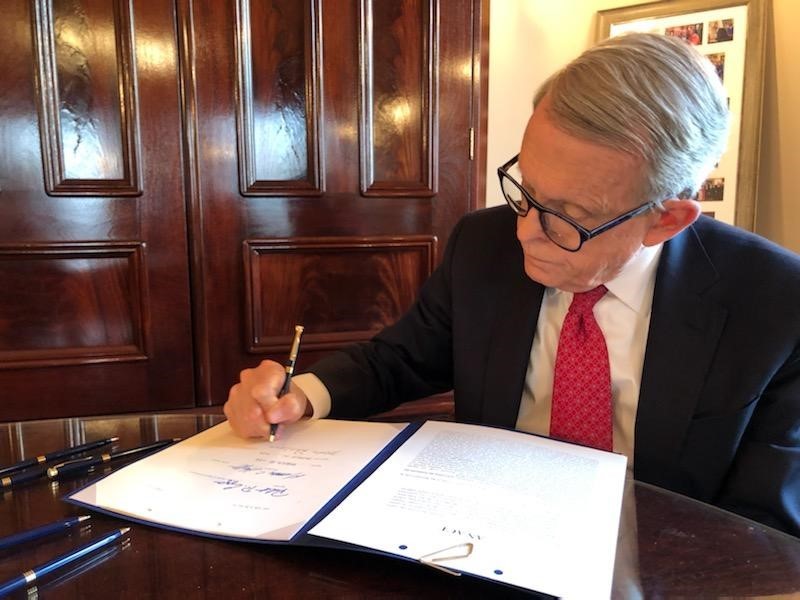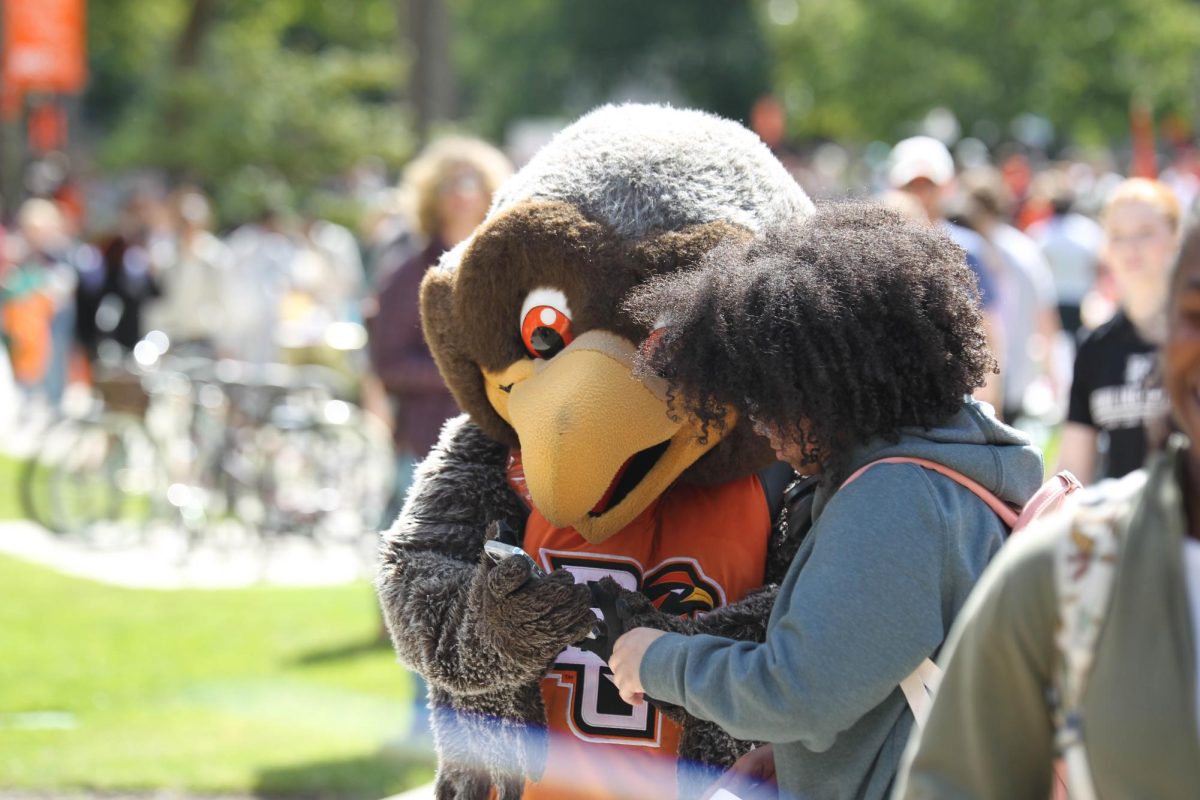According to the 2020 Census, 57% of citizens ages 18-34 were found to have voted after registering. BGSU encourages its students to vote through many organizations on-campus.
BGSU Votes is one of the on-campus, student-led organizations focused on increasing the knowledge and political engagement of students. They are a campus resource for election information, presentations and collaborations along with the Campus Elections Project and the Andrew Goodman Foundation.
Sierra Nathans, a graduate assistant for BGSU Votes, said youth voting can make an impact in elections.
But they just need to go to the polls.
“Youth voting can actually affect elections quite a bit. It can affect local elections specifically too because if we have large groups of people not voting then that can completely impact the outcome of elections,” she said.
According to the bar chart dealing with the different age ranges registering and voting, it shows that 18 to 24-year-olds are the marginalized group when it comes to this topic.
Nathans regarded the lack of youth participation in voting as “disenfranchising” the younger generations and rather allowing the records to “skew towards the older generations.”
“My view is that if youth vote then they can be more of an outcome for all of us rather than just certain generations,” she said. “I have heard a lot of people say that they feel like their vote doesn’t matter but it definitely does.”
Nathans described voting as “power of choice and to voice your vote,” but students still appear to be drifting away from the ballot boxes.
Curtis Eberle, a first-year at BGSU, said apprehension toward casting a ballot is the reason most citizens ages 18 to 24 do not vote in elections.
“I feel like for some people, they are nervous because it is their first time voting so they are really scared or they might not know who to vote for. Some people just think it’s not important or that their voice and vote don’t really matter,” he said.
In the last 100 years, voting has been the topic of debate for many minority groups. Allowing Nathans, along with Eberle, to be very aware of the importance of voting.
Eberle often refers back to the strength voting gives him to voice his opinion and how through the ballot box he can change the government.
“It helps allow people to get their word out and actually participate and choose their government instead of it being chosen for them,” Eberle said. “One single vote can change the whole election. There have been elections that they have won by one vote.”
In Nathans’ defense of why voting is such an important part of democracy, she refers to the women’s suffrage movement and how they fought for the very rights she has today.
“I personally chose to vote because women weren’t able to vote until the 19th amendment happened. I would like to make sure that all of our voices, especially women’s voices, are heard. I think that everybody that is able should vote so that all of us have our voices,” she said.
Keith Kreeger, a first-year at BGSU, added that candidates gain information from these ballots each election year so that they may know what the people are looking for within a candidate.
“I think voting is important because it gives a more accurate description of what people want from the candidate,” he said.
Before any final decision is made on the ballot, Eberle makes sure to do research into the candidates.
“I like to look at people’s histories of what they’ve done and what they’ve said and what they’ve actually done because a lot of times people say stuff to win people’s hearts and votes but then they never do it in the end,” he said.
Before a student can vote, they must first be registered 30 days before the election. BGSU Votes helps students to register and find their polling locations based on where they plan to vote.
Nathans has helped many students sign up for registration to vote throughout her years working with BGSU Votes.
“So, if you are not registered, you can always come to us (BGSU Votes) and get registered or you can do online registering. But sometimes it is easier to do it in-person like on a piece of paper,” she said.


